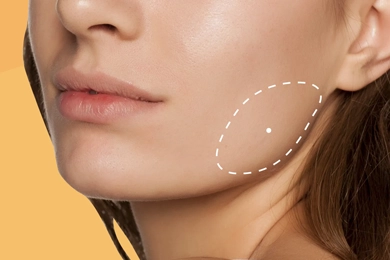
Bruxism is the medical term for teeth grinding or clenching, a common condition that many people experience at some point in their lives.
Although frequently disregarded as a harmless habit, persistent bruxism can result in numerous dental and neurological complications. Among the numerous available treatments, botulinum toxin has emerged as one of the most intriguing. This article will examine the therapeutic potential of botulinum toxin for the treatment of bruxism.
The involuntary grinding or clamping of teeth is Bruxism. It can be divided into two primary categories:
Aware Bruxism: Bruxism that occurs when a person is aware. Typically caused by tension, anxiety, concentration, or certain habits, clenching is more prevalent than grinding.
Sleep Bruxism: Bruxism that occurs during slumber. It is frequently associated with sleep disorders and is not always related to tension or anxiety.
Before exploring the role of botulinum toxin, let's examine the conventional treatment options:
The neurotoxin Botulinum toxin, also known as Botox, is produced by the bacterium Clostridium botulinum. It is widely recognized for its anti-wrinkle properties. However, its therapeutic applications are far more extensive than merely aesthetic.
Botulinum toxin blocks the release of acetylcholine, the neurotransmitter responsible for muscle contraction, at the neuromuscular junction. When injected into specific muscles, it temporarily relaxes the muscles. In the context of bruxism, botulinum toxin is injected into the masseter and temporalis muscles—the primary muscles implicated in the grinding motion.
Reduction in Muscle Hypertrophy: Continuous grinding can result in an enlarged masseter muscle, which gives the mandible a squared appearance. Botox can diminish this hypertrophy, which has aesthetic benefits.
Typically, the effects of botulinum toxin last between three and six months. It may be necessary for patients to receive periodic interventions to maintain the benefits.
Consultation with a healthcare professional experienced in treating bruxism with botulinum toxin is essential. While many patients may benefit, it is not the optimal treatment for everyone.
Bruxism is not merely a nocturnal propensity; it is a condition that can have a significant impact on a person's quality of life. Traditional treatments are still effective for many patients, but the advent of botulinum toxin offers a promising alternative, particularly for those seeking therapeutic and aesthetic benefits. As with any medical intervention, patient education, a comprehensive consultation, and expert care are indispensable for success.
To ensure efficacy and safety, those considering botulinum toxin for bruxism must consult a specialist with extensive experience in this specific application.
Give me the 40 most frequently asked questions and detailed answers about "Bruxism and its Treatment," which seeks to strengthen my website's SEO and engage potential patients. Educating visitors about the procedure increases the likelihood of converting website visitors into patients by fostering confidence in your expertise. This article should contain numerous specific keywords to improve the SEO of my website.
Bruxism is a medical condition in which individuals grind or clench their teeth involuntarily, either while awake or unconscious.
Multiple factors, including tension, anxiety, sleep disorders, misaligned teeth, and certain lifestyle habits, contribute to bruxism.
Answer: Yes, primarily aware bruxism (during consciousness) and sleep bruxism (during sleep).
Symptoms include tooth wear, sensitivity, jaw pain, migraines, and sleep disturbances.
Yes, unquestionably. This can result in dental damage, gum disease, and temporomandibular joint disorders.
Bruxism is typically diagnosed by a dentist using oral wear patterns, patient symptoms, and occasionally sleep studies.
Common remedies for bruxism include dental guards, behavioral therapies, stress management techniques, medications, and, in some cases, botulinum toxin injections.
A dental guard or splint is a device worn over the teeth to prevent teeth grinding and clenching.
While over-the-counter dental guards can provide some protection, dentist-made dental guards offer a more precise fit and greater comfort.
Botulinum toxin (Botox) is a neurotoxin that, when injected into certain mandible muscles, can reduce their activity, thereby reducing teeth grinding and clenching.
The majority of patients report minimal discomfort during injections, comparing it to a fleeting pinch.
Answer: The effects typically last between 3 to 6 months, after which repeat treatments might be necessary.
Side effects may include bruising at the injection site or transient muscle weakness, but they are typically mild and temporary.
Yes, tension is a significant trigger for many individuals. Typically, relaxation techniques, meditation, or therapy can reduce teeth clenching.
Yes, adolescents can experience bruxism, which is typically brought on by stress or the presence of oral irritants.
Common symptoms include waking up with a sore mandible, headaches, or a partner who notices the grinding.
While some treatments can manage and reduce symptoms, a "cure" is contingent on the underlying cause.
Reducing caffeine and alcohol consumption, treating sleep disorders, and employing relaxation techniques can be advantageous.
Yes, an irregular bite or misaligned teeth can contribute to teeth grinding.
Beginning with a dentist is optimal, as they can assess oral injury and direct subsequent treatments. Nevertheless, a physician may be required for sleep evaluations and stress management.
Answer: Awake bruxism is characterized by teeth clenching due to tension or habit, whereas sleep bruxism is characterized by unconscious teeth grinding.
Stress-relieving practices, magnesium supplements, and certain herbal remedies are examples of natural strategies, although their efficacy varies.
Generally speaking, absolutely. As the jaw joint is close to the ear canal, grinding the teeth can cause referred ear discomfort.
Yes, sleep disorders such as apnea frequently coexist with sleep bruxism.
The answer is no, not necessarily. Some individuals experience long-term relief, whereas others may require periodic interventions.
Variable coverage is offered. For specifics, it is recommended to consult your insurance provider.
The majority of patients experience a reduction in symptoms within one week.
Yes, chronic clenching can cause discomfort by straining facial and neck muscles.
Depending on the severity and cause, muscle relaxants, anti-anxiety medications, or even Botox may be prescribed.
Persistent bruxism can put stress on the TMJ, which can lead to TMJ disorders.
In addition to routine dental exams, home monitoring devices and apps can be used to monitor grinding patterns.
Some studies suggest a familial tendency, but lifestyle and environmental factors play a significant role.
Yes, excessive grinding can cause injury to both natural teeth and dental restorations, such as implants.
10-15% of adults are estimated to experience bruxism, though many may be oblivious.
In some instances, anti-anxiety medications can reduce stress-related teeth grinding.
Bruxism is associated with Parkinson's disease, dementia, gastroesophageal reflux disease (GERD),nocturnal terrors, and other conditions.
Both substances increase the risk or severity of bruxism, particularly when consumed in the evening.
Using a dental guard or splint, particularly at night, can protect teeth from the wear and strain caused by teeth grinding. In addition, regular dental exams and compliance with prescribed remedies are essential.
Alcohol and stimulants such as caffeine can enhance grinding. Acidic foods and drinks may exacerbate the tooth sensitivity induced by grinding.
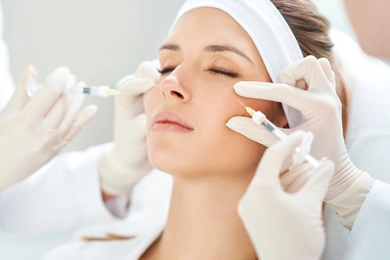 Unlocking the Secrets of Botox: A Comprehensive Guide
Unlocking the Secrets of Botox: A Comprehensive GuideA mainstay in the aesthetic treatment sector, Botox is a word that conjures up images of youth and beauty. Given its potent anti-aging properties and capacity to smooth wrinkles, it is understandable why mil ...
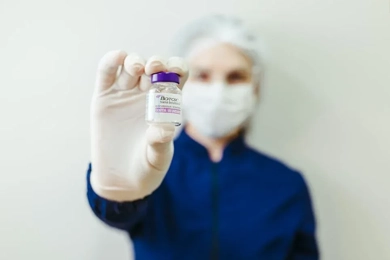 Botox: The Magic Medicine for Everything
Botox: The Magic Medicine for EverythingBotox, or Botulinum toxin as it is known scientifically, has long been associated with aesthetic surgeries meant to minimize wrinkles and fine lines. ...
 12 Unexpected Botox Benefits You Won't Believe
12 Unexpected Botox Benefits You Won't BelieveBotox, a word frequently associated with the realm of cosmetic beauty, conceals a slew of unexpected benefits beneath its surface that go beyond its conventional use. ...
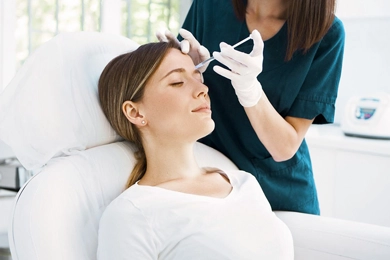 A Beginner's Guide to Botox: What to Expect and How to Prepare
A Beginner's Guide to Botox: What to Expect and How to PrepareThis comprehensive guide will outline the following: considerations to bear in mind, anticipations during and following a Botox treatment, and pre-treatment precautions. ...
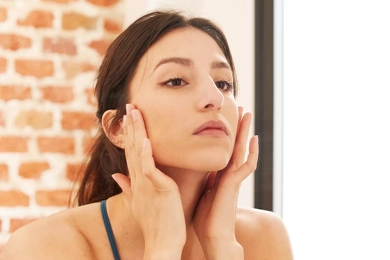 Botox Didn't Work; What Is the Reason for This? What Should I Do?
Botox Didn't Work; What Is the Reason for This? What Should I Do?Botox adverse effects may be attributed to a multitude of factors, including the practitioner's skill, the product's quality, or the physical attributes of the recipient. ...
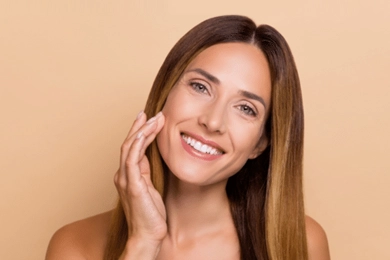 50 Things You Need to Know About Botox
50 Things You Need to Know About BotoxBotulinum toxin, which is created by the bacterium Clostridium botulinum, is the source of the drug known as Botox. Although it has a reputation for being able to minimize facial wrinkles, its roots are in m ...
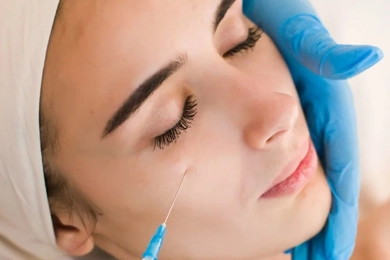 3 Zone Botox
3 Zone BotoxBotox continues to lead non-surgical aesthetic therapies in the large and ever-evolving field of cosmetic treatments. While the fundamentals of Botox are generally understood by most individuals, the idea of ...
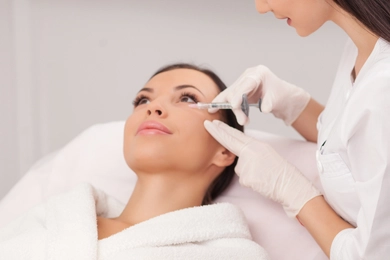 When Does the Effect of Botox Begin and How Long Does It Last?
When Does the Effect of Botox Begin and How Long Does It Last?Botox has grown to be one of the most popular cosmetic procedures in the globe due to its effectiveness in smoothing out wrinkles and fine lines. Potential patients frequently inquire about the beginning and ...
 Does Resistance Develop to Botox?
Does Resistance Develop to Botox?Botox, a common non-surgical cosmetic procedure, has changed everything for many people who want to get rid of wrinkles and fine lines. Although the effects are frequently successful, some individuals report ...
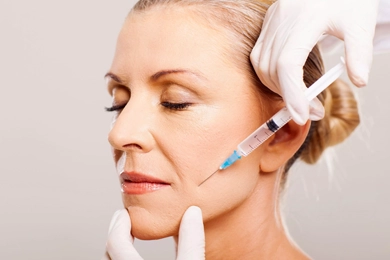 Post-Botox Care: The Do's and Don'ts for Optimal Results
Post-Botox Care: The Do's and Don'ts for Optimal ResultsWith millions of procedures conducted each year, Botox has solidified its position as a top non-surgical aesthetic treatment. Many people appreciate it due to its capacity to lessen wrinkles and give a more ...
 How Frequently Should I Get Botox?
How Frequently Should I Get Botox?Botox has become a buzzword in the aesthetic industry, renowned for its ability to smooth wrinkles and rejuvenate the complexion. However, a common conundrum that many encounter is determining the optimal fr ...
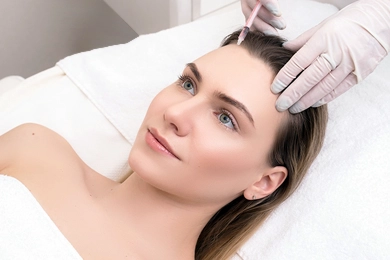 Preventative Botox
Preventative BotoxPreventative Botox stands out as a bright prospect for many in a time when the quest for perpetual youth has gained considerable traction. This cutting-edge technique is becoming more and more well-liked as ...
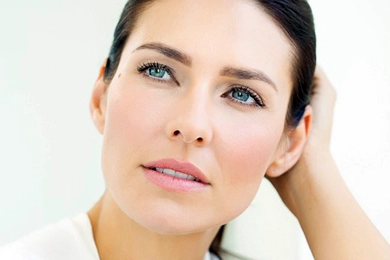 Botox vs. Filler
Botox vs. FillerBotox and dermal fillers stand out as two of the most popular and successful procedures in the cosmetic business for restoring a young appearance. ...
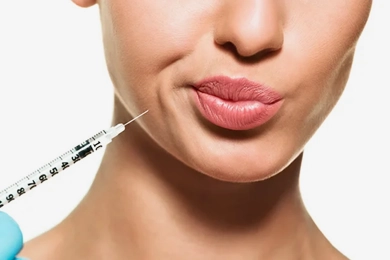 Can The Effects of Botox Be Undone?
Can The Effects of Botox Be Undone?The neurotoxin known as Botox, also known as botulinum toxin type A, has become extremely popular in cosmetic dermatology due to its capacity to minimize the appearance of fine lines and wrinkles. ...
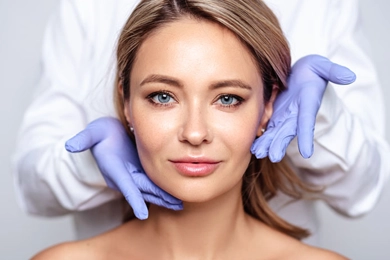 I Have Had Botox Done, But I Am Not Satisfied
I Have Had Botox Done, But I Am Not SatisfiedThe outcomes of Botox, however, can vary from person to person as with any medical procedure, and occasionally, patients may not be entirely satisfied with the results. Here is what you should do if you find ...
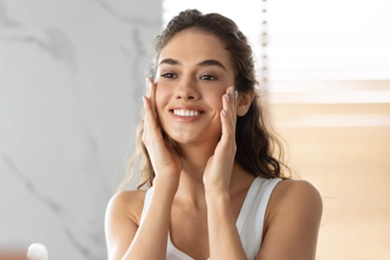 How Long Does Botox Take To Work, Timeline And More
How Long Does Botox Take To Work, Timeline And MoreBotox is a well-known cosmetic procedure that helps to hide facial wrinkles and fine lines. Yet when considering Botox, one of the most frequently asked queries is how long it takes to start working. We will ...
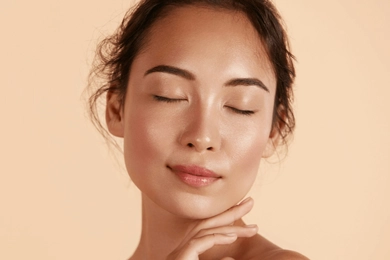 How Long Does Botox Last?
How Long Does Botox Last?A common cosmetic procedure that aims to lessen the appearance of wrinkles and fine lines is botox. It is frequently applied on frown lines, crow's feet, and forehead lines. But one concern that many people ...
 How to Make Botox Last Longer
How to Make Botox Last LongerHow to Make Botox Last Longer It functions by preventing the signals that tell muscles to contract, which helps the skin become smoother. While Botox's effects are transient, there are strategies to extend i ...
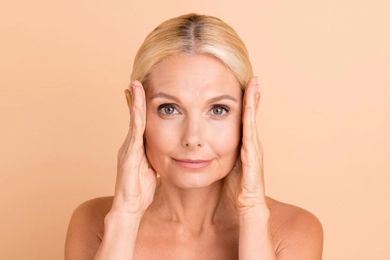 Botox Aftercare: Things you Should Avoid After Botox Treatment
Botox Aftercare: Things you Should Avoid After Botox TreatmentWhile Botox is a relatively safe procedure, it is important to follow proper aftercare instructions to ensure the best results. In this blog post, we will discuss things you should avoid after Botox treatmen ...
 What Happens If I Stop Getting Botox Injections?
What Happens If I Stop Getting Botox Injections?For many years, people have used Botox, a common cosmetic procedure, to lessen the appearance of wrinkles and fine lines. It functions by obstructing the signals that travel from the nerves to the muscles, w ...
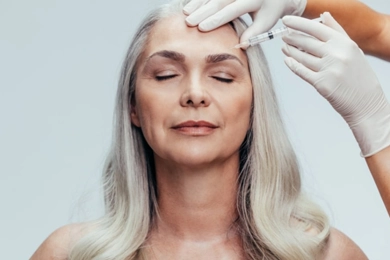 Can I Exercise After Botox?
Can I Exercise After Botox?In this article, we will examine the effects of exercise on Botox and offer some guidelines for exercising safely after receiving the popular cosmetic procedure. ...
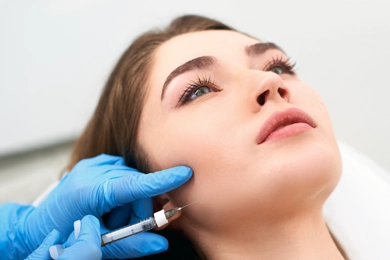 When Will You See Results After Masseter Botox?
When Will You See Results After Masseter Botox?There are several therapy options for bruxism, or the unintentional grinding or clenching of teeth. Injections of masseter Botox are one of the most well-liked and successful therapies. ...